- Top
- Mini-Theater Lineup
- Sakurazaka Theater
- Mini-Theater
- Sakurazaka Theater
 ABOUT THE THEATER
ABOUT THE THEATER
This theater is nestled in the heart of Naha City, in a quaint alley just off Kokusai Dori. After a temporary closure in April 2005, the movie theater underwent a transformative renovation and reopened in its current form in July 2005.
Beyond being a cinema, this venue offers a cafe and a shop, making it a versatile space for various activities. Moreover, on the theater's third floor, there is a workshop space where over 100 engaging lectures are conducted.
The shop boasts an array of movie-related books and DVDs, along with a selection of unique Okinawan crafts and manga. It is a favorite spot for tourists who delight in shopping while soaking in the local culture.
Staff
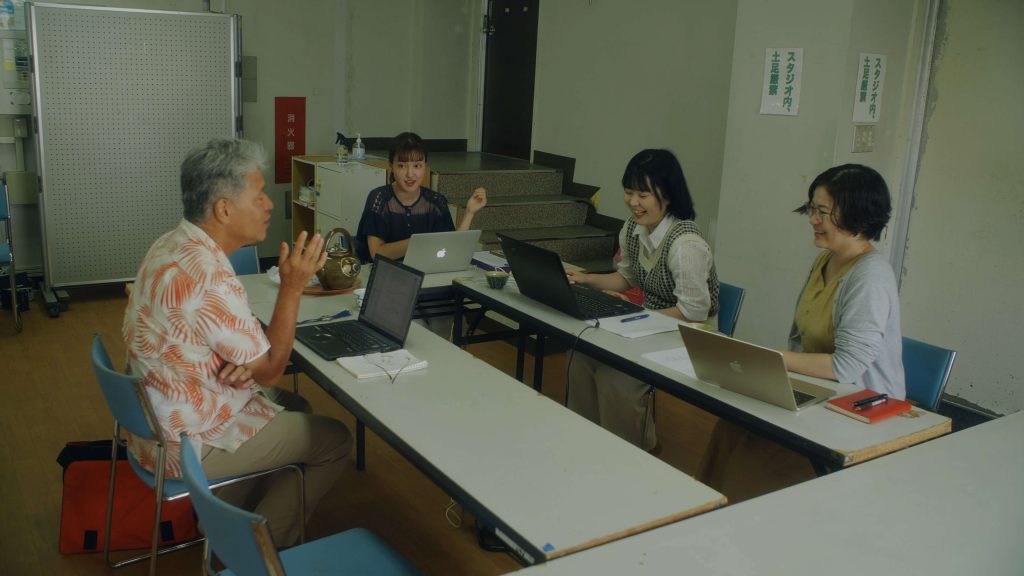
History
-
- 1952
- Opened as a permanent Okinawan theater called "Sangoza".
-
- 1952
- Film screenings became the main focus of operations.
-
- 2005
- The operating company of the movie theater "Sakurazaka Multiplex Ryu-ei", withdrew from the movie business, leading to its closure.
-
- 2005
- Kabushiki gaisha Crank reopened the theater as "Sakurazaka Theater", offering not only movies and live performances but also featuring a café and shop.
-
- 2009
- Expanded the development of workshops under the title "Sakurazaka People's College", offering a total of 100 courses.
-
- 2010
- Commenced the purchase, sale, and wholesale of Okinawan crafts.
Information
- ADDRESS
- 3-6-10 Makishi, Naha-shi, Okinawa-ken, 900-0013 Japan
- FACILITY
- ・Theater: In addition to movie screenings, Sakurazaka Theater also hosts live concerts and events.
Hall A: 291 seats Hall B: 100 seats Hall C: 85 seats
・Fukurasha: The shop inside Sakurazaka Theater that sells second-hand books, miscellaneous goods, and Okinawan crafts.
・Sangoza Kitchen: The cafe where live concerts are held on the terrace. - Web
- https://sakura-zaka.com/
- SNS
 RECOMMENDED FILM
RECOMMENDED FILM
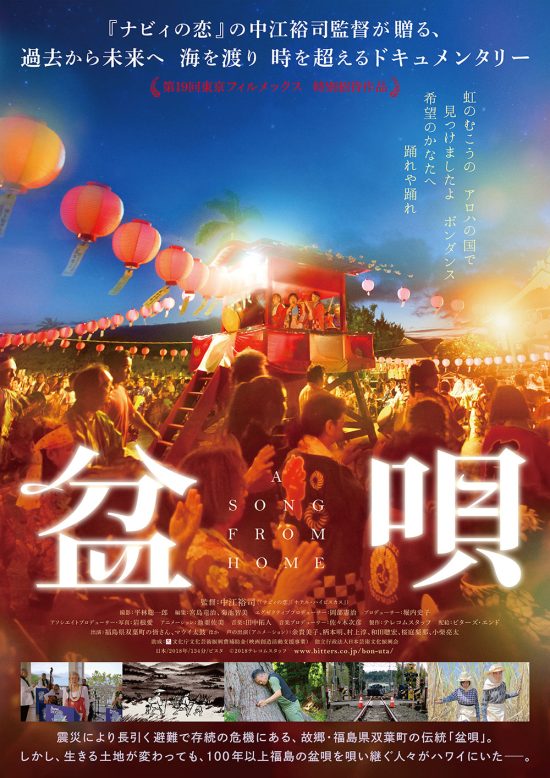
- BON-UTA, A Song from Home
- 2019 / Documentary / 134min G

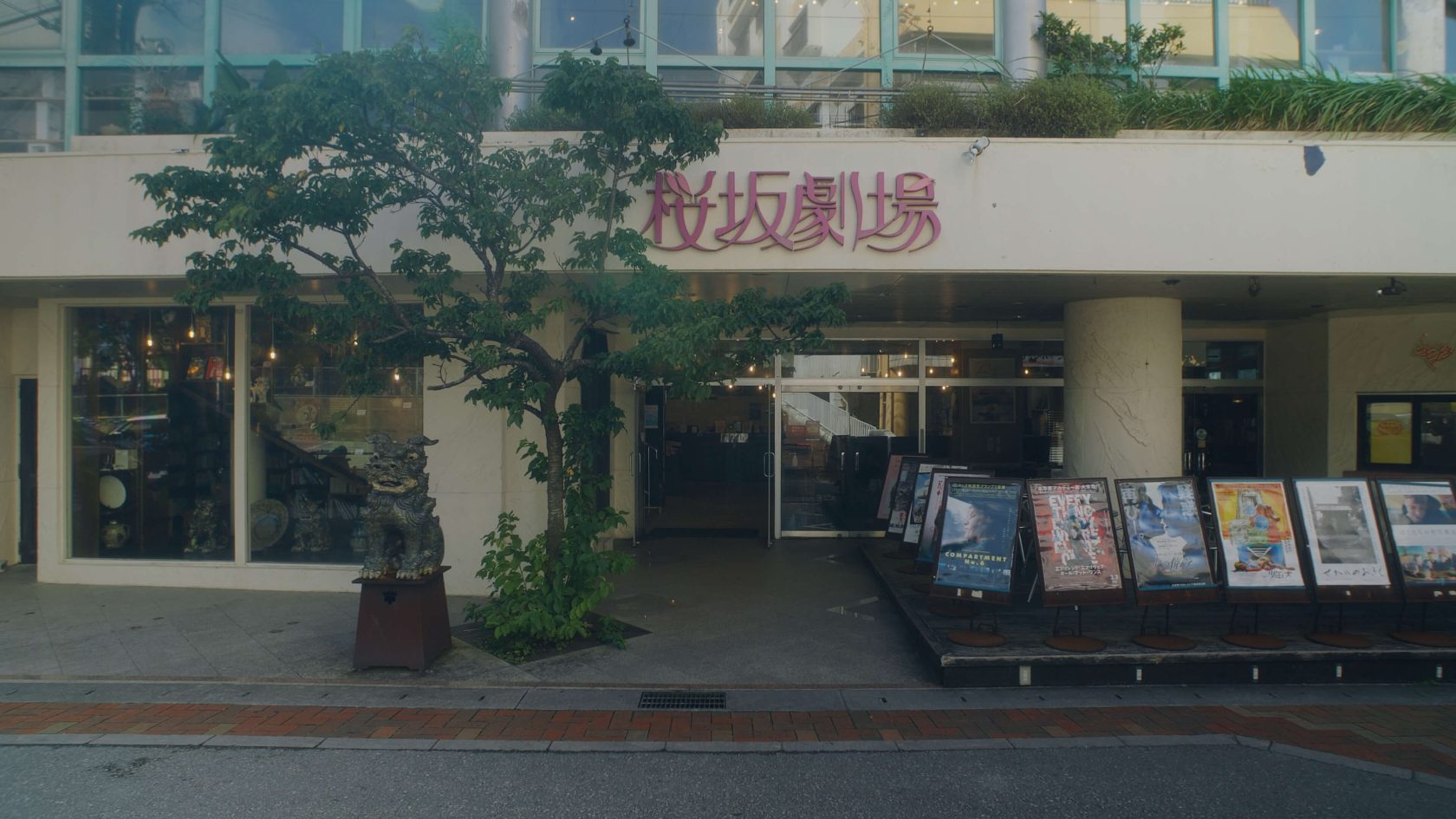
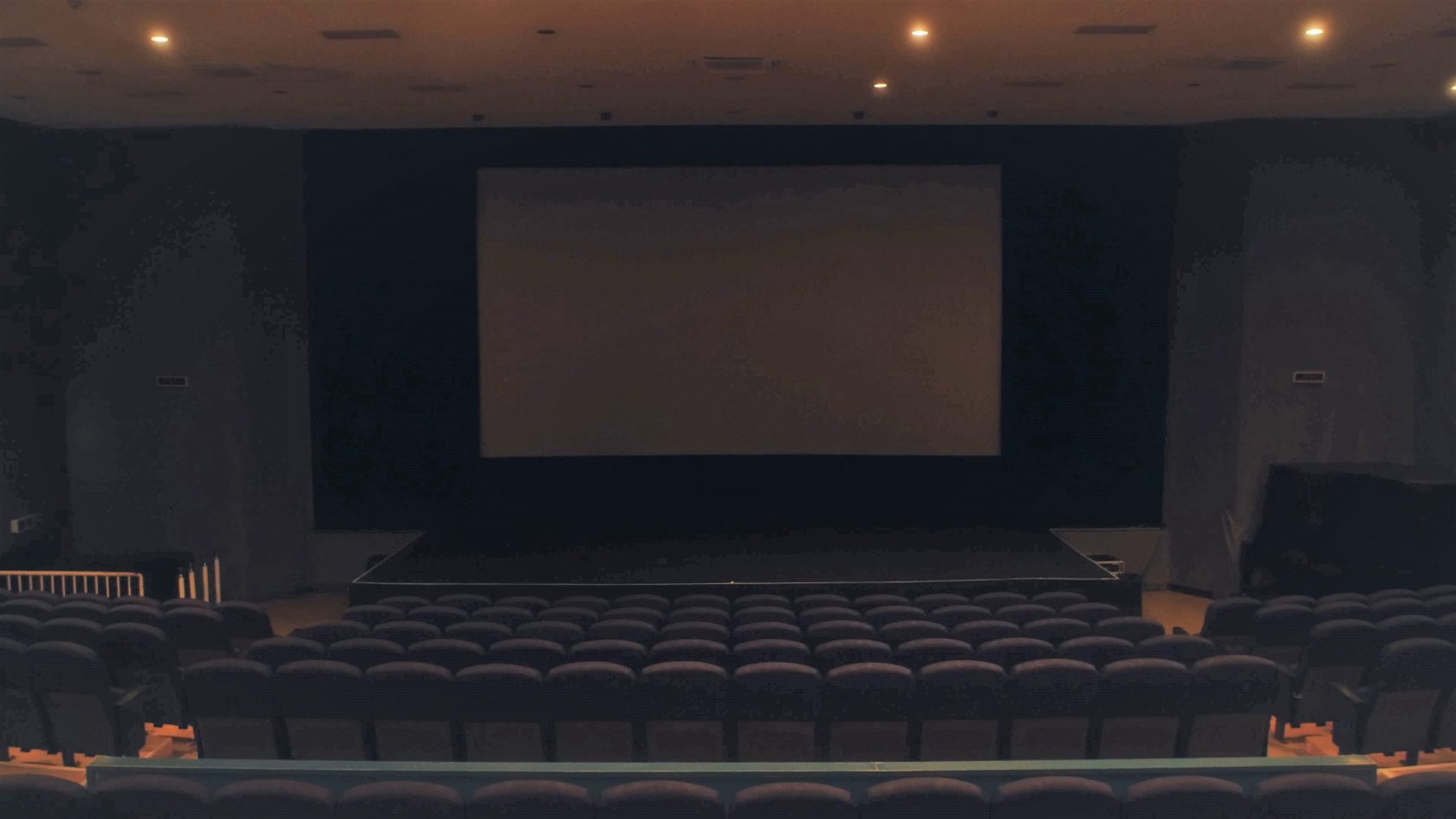
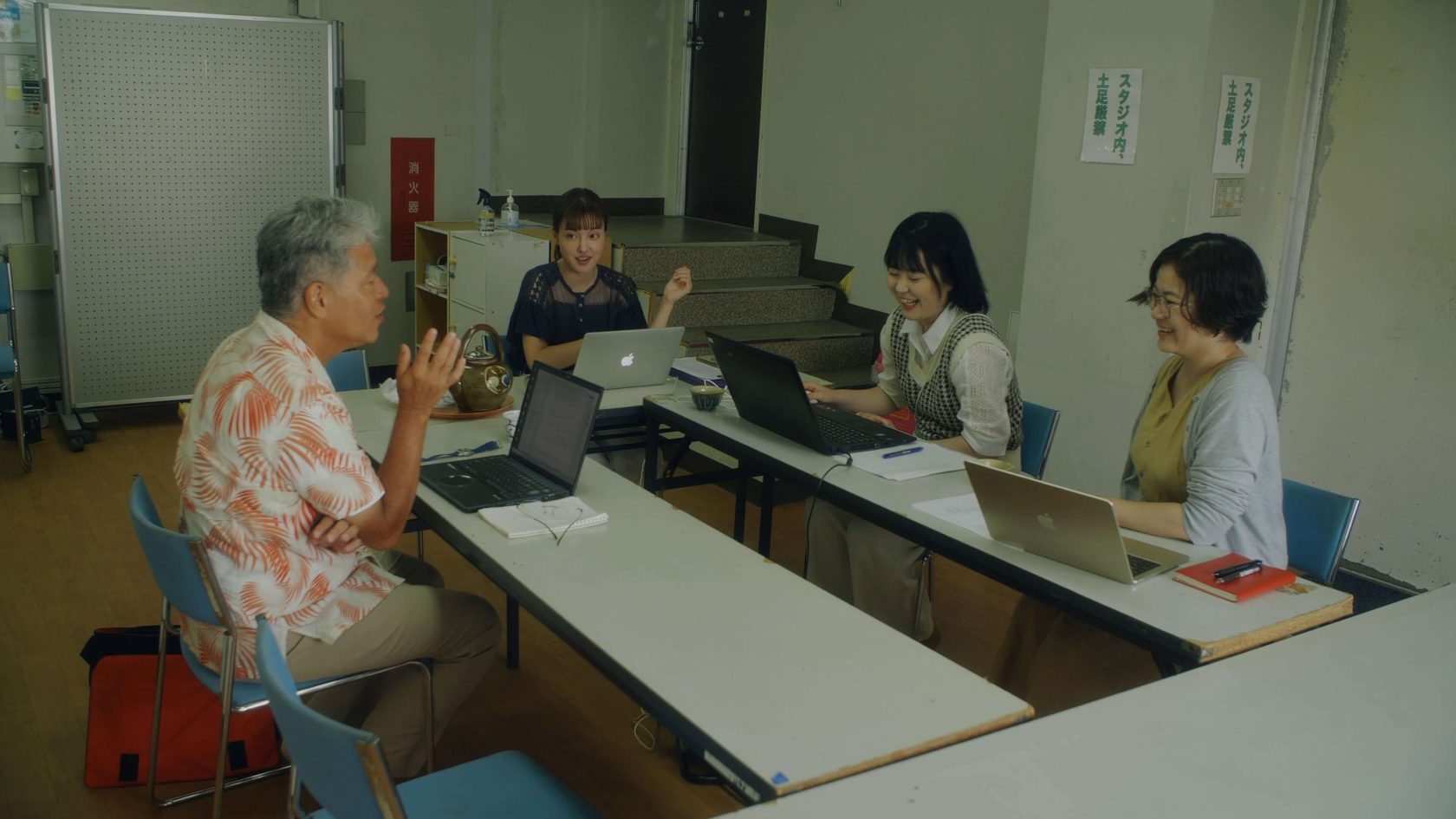
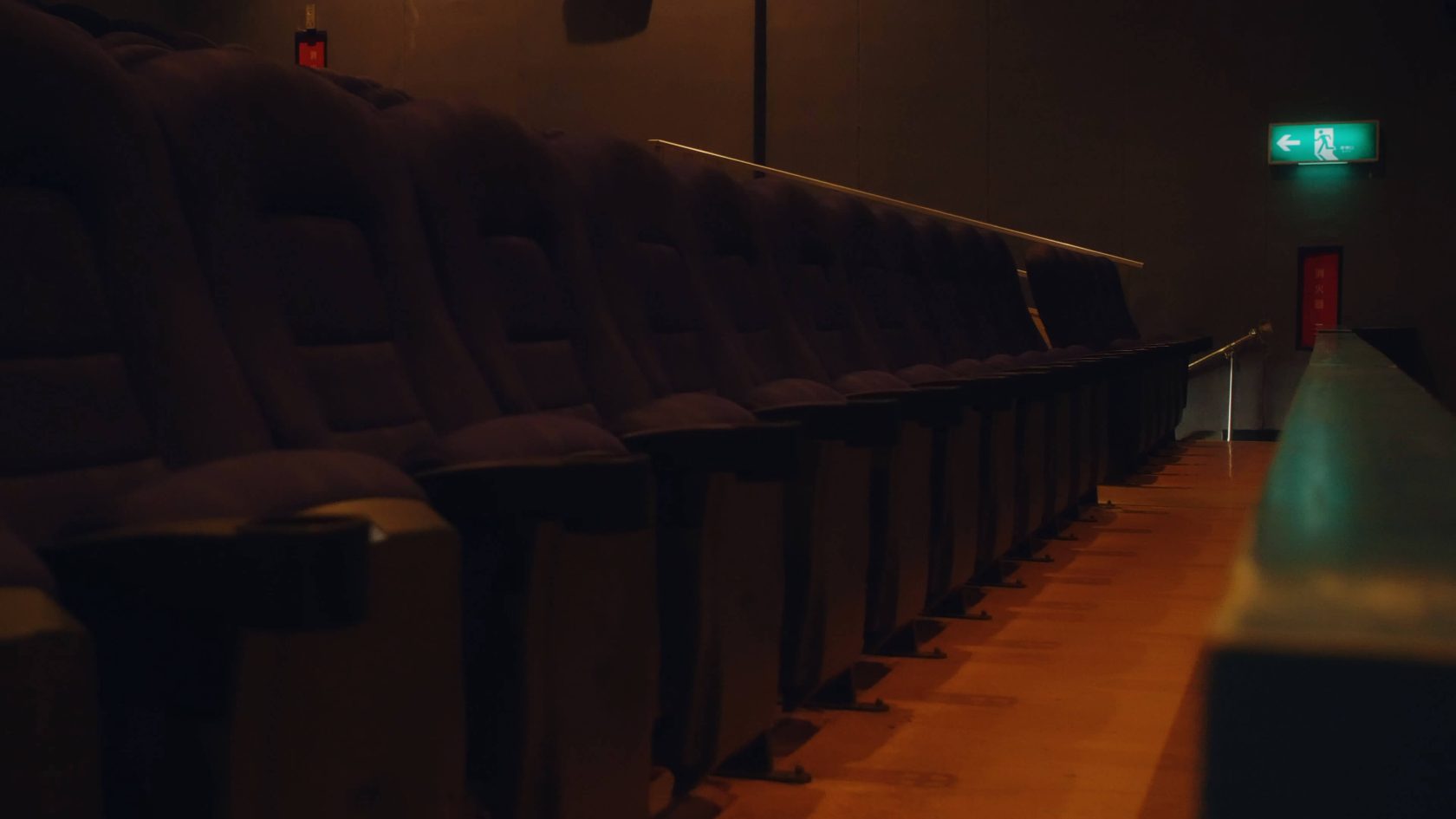
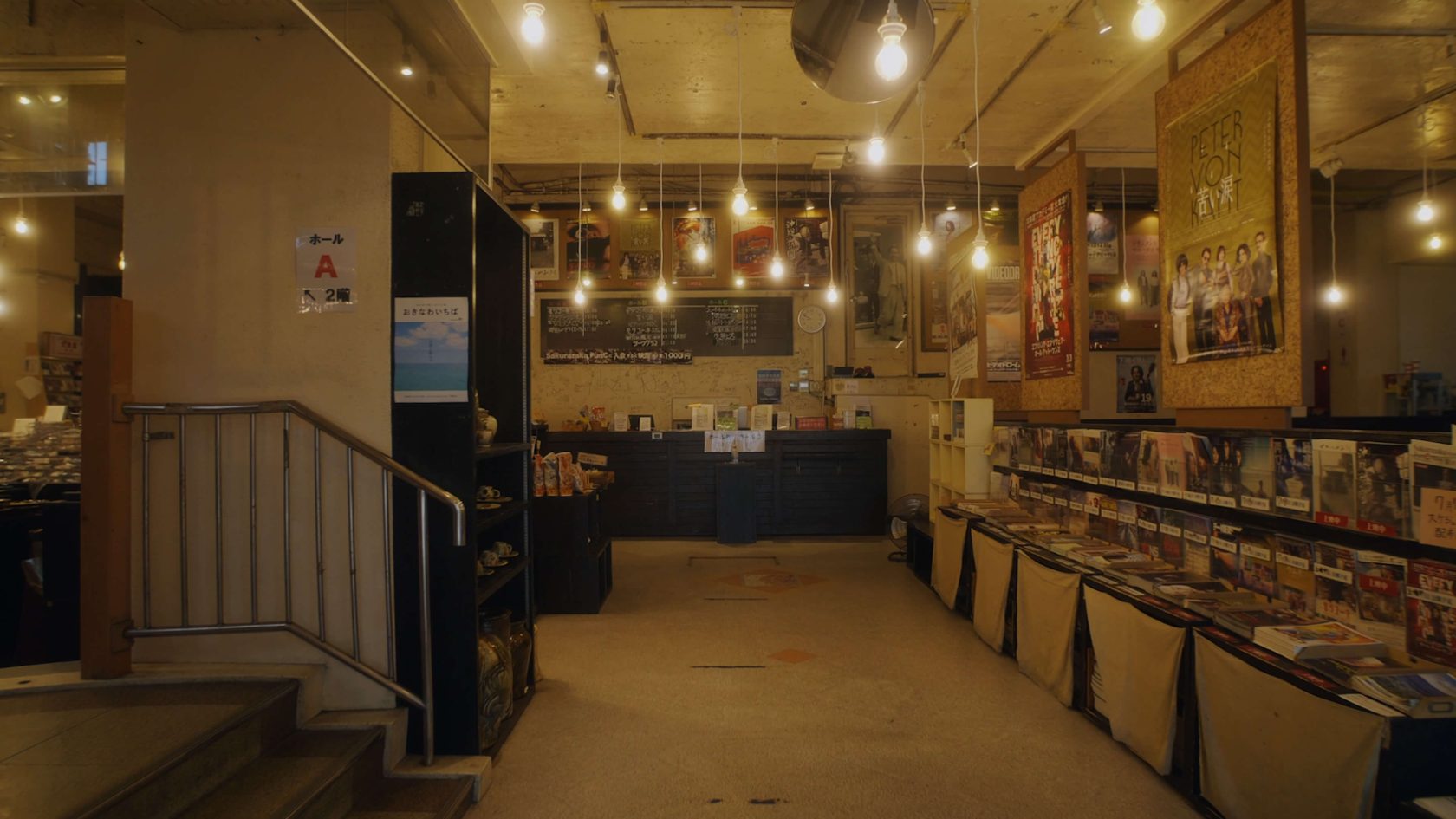
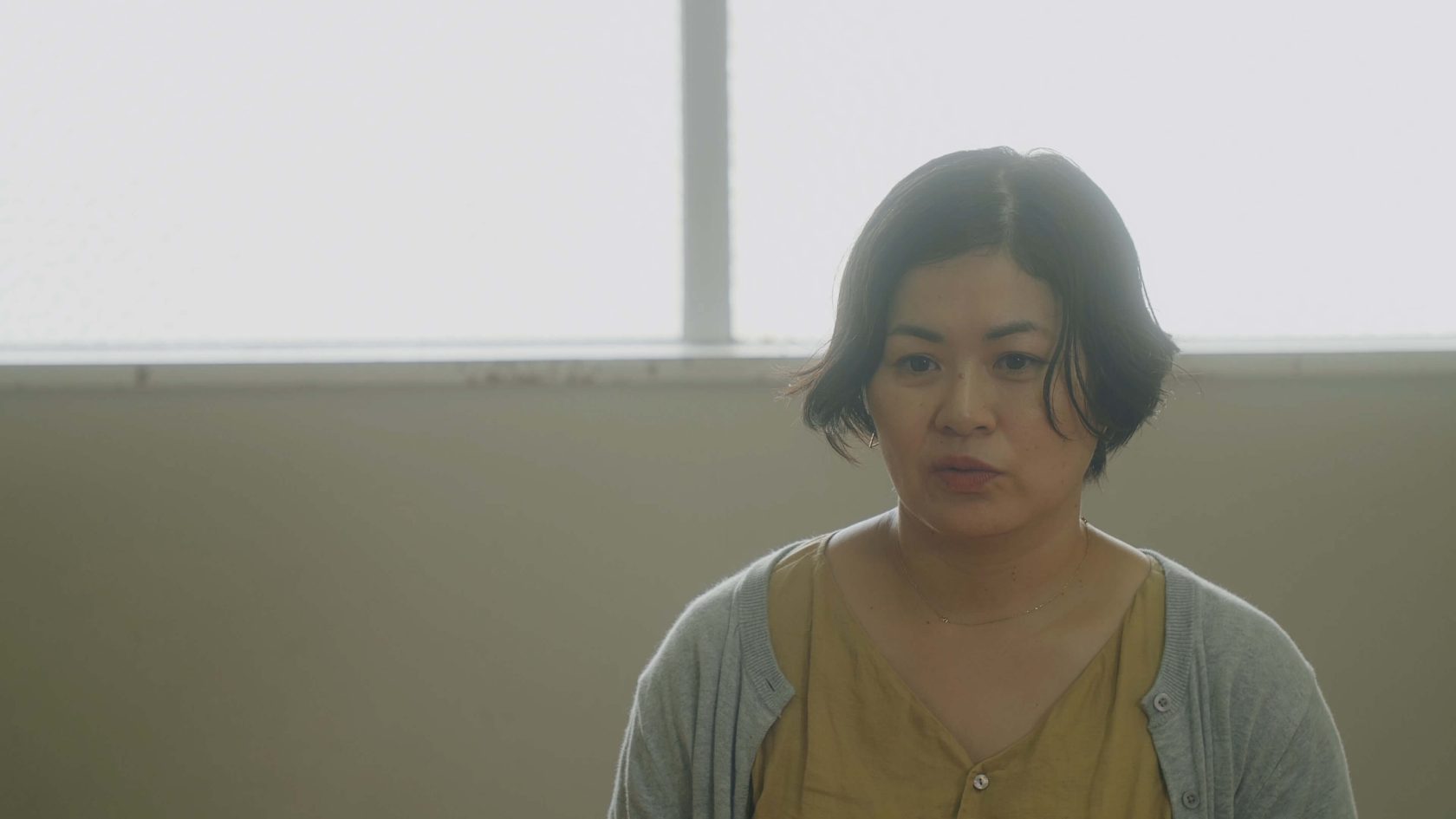
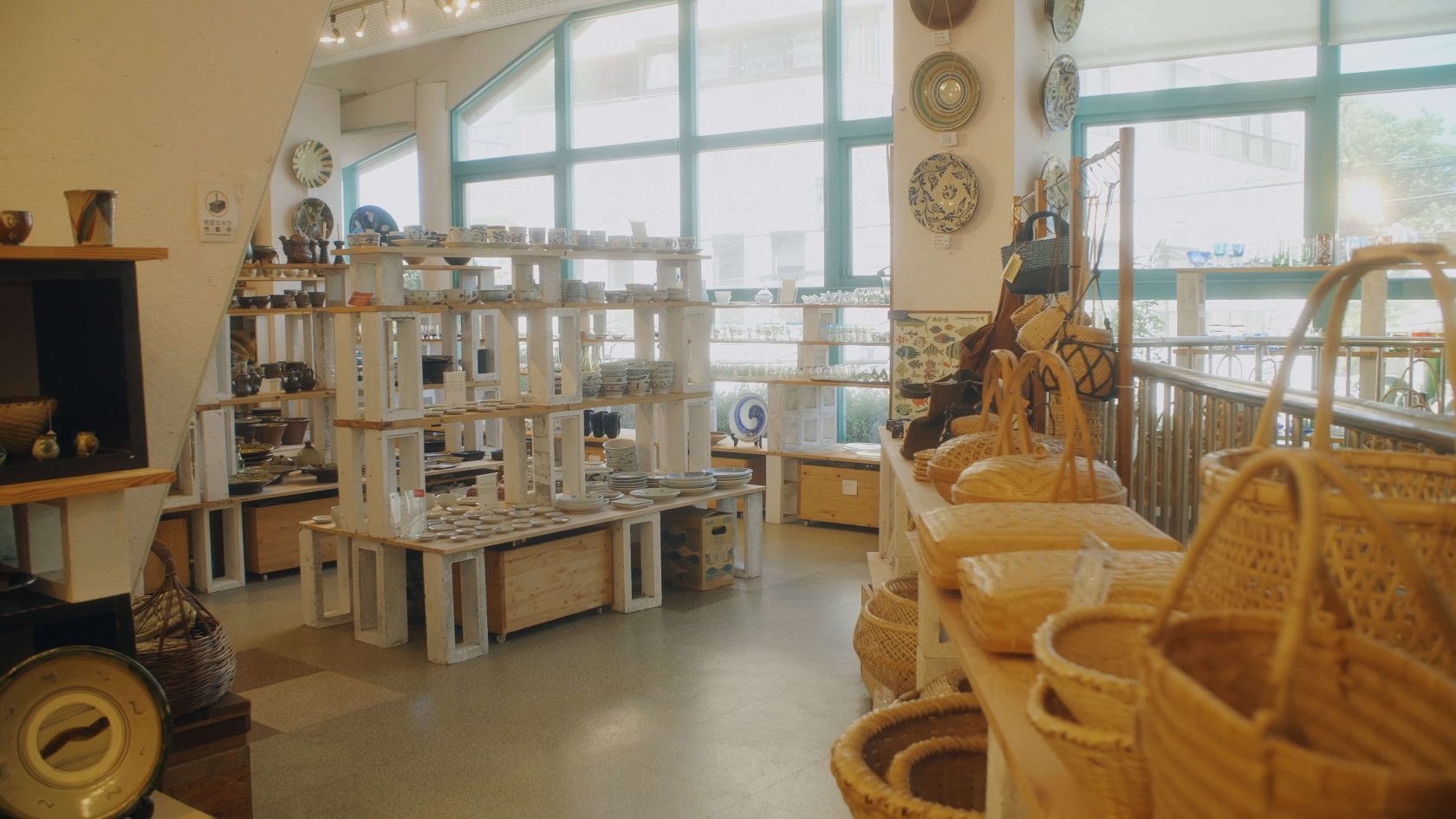
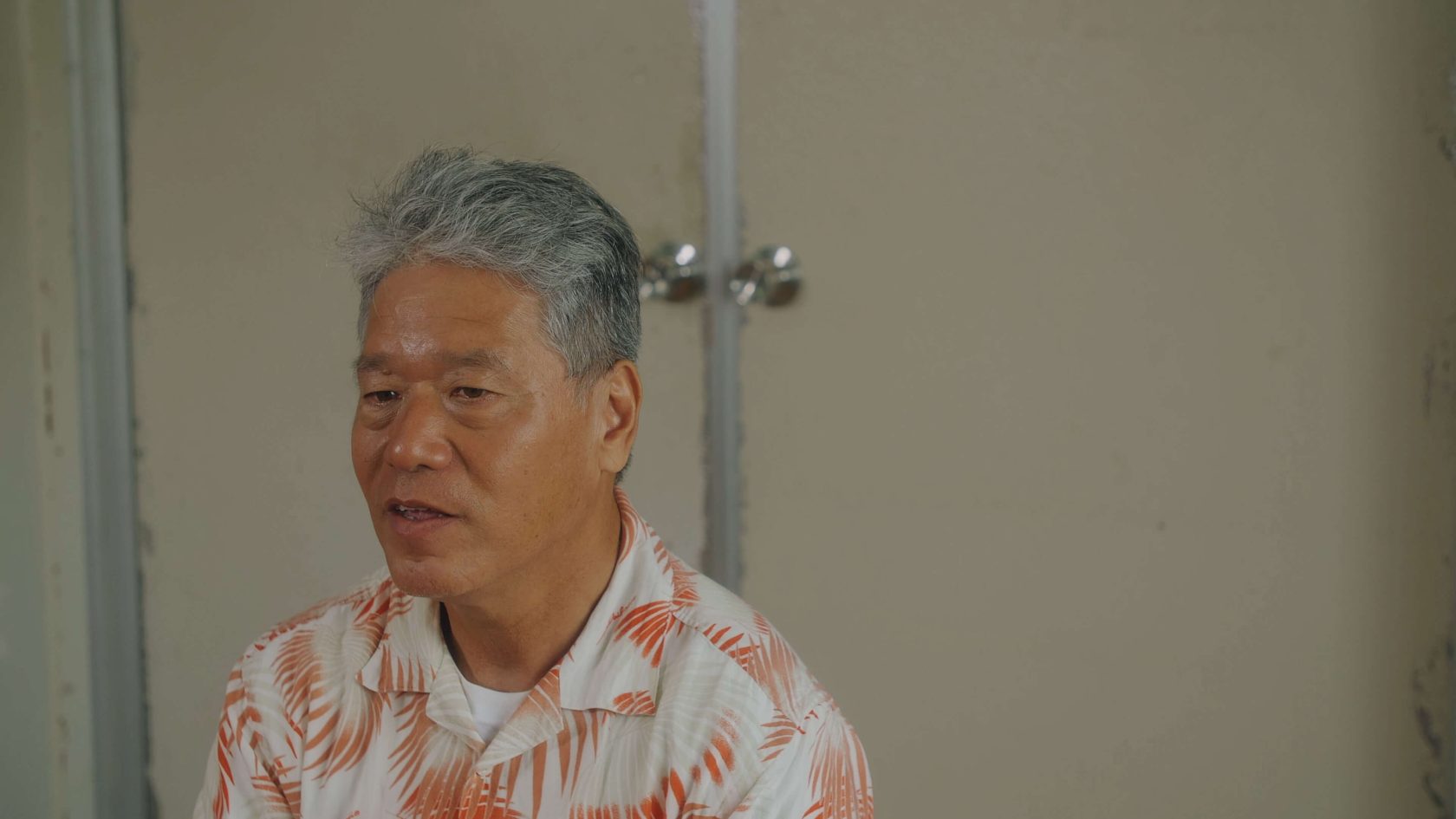
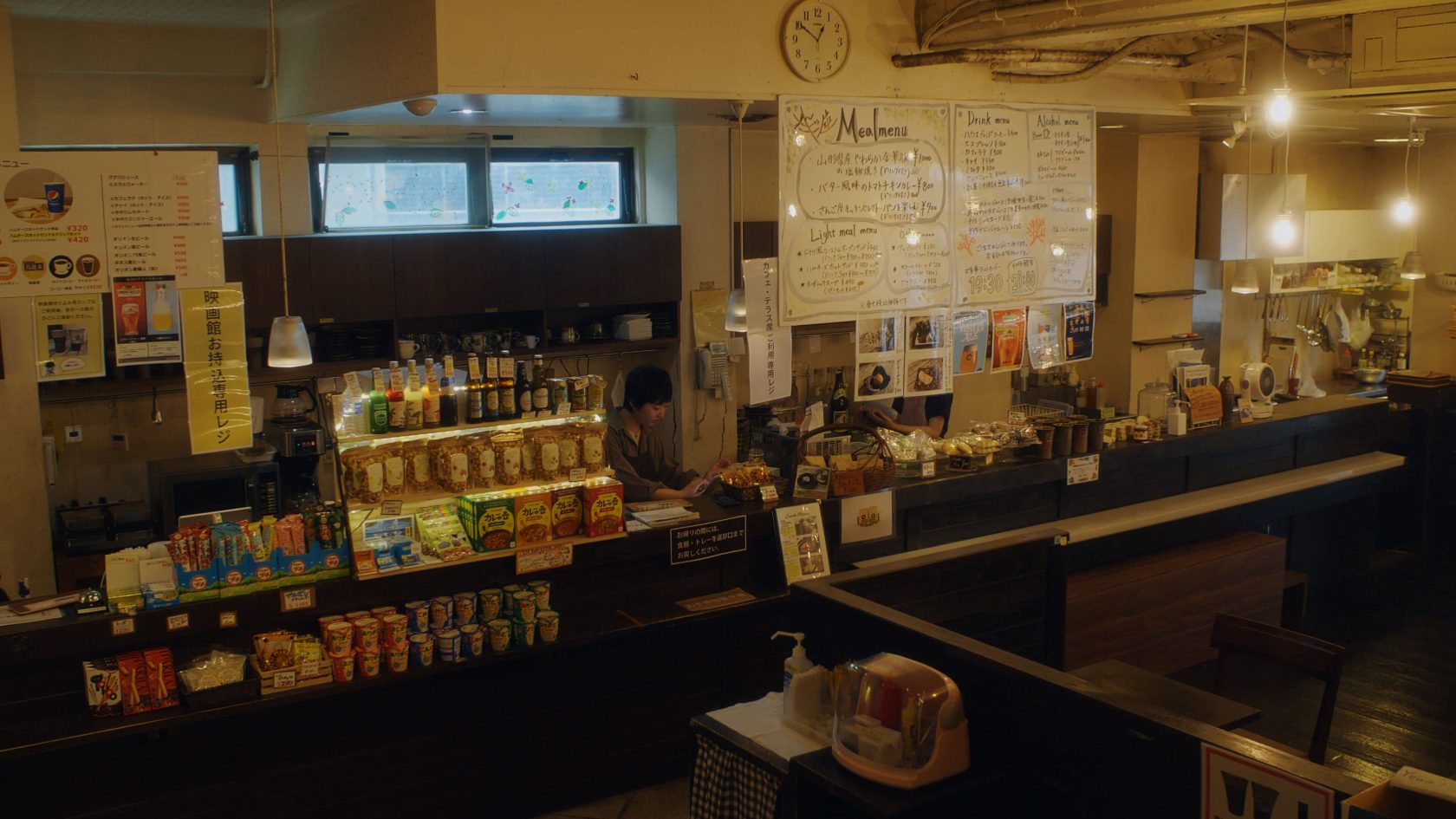
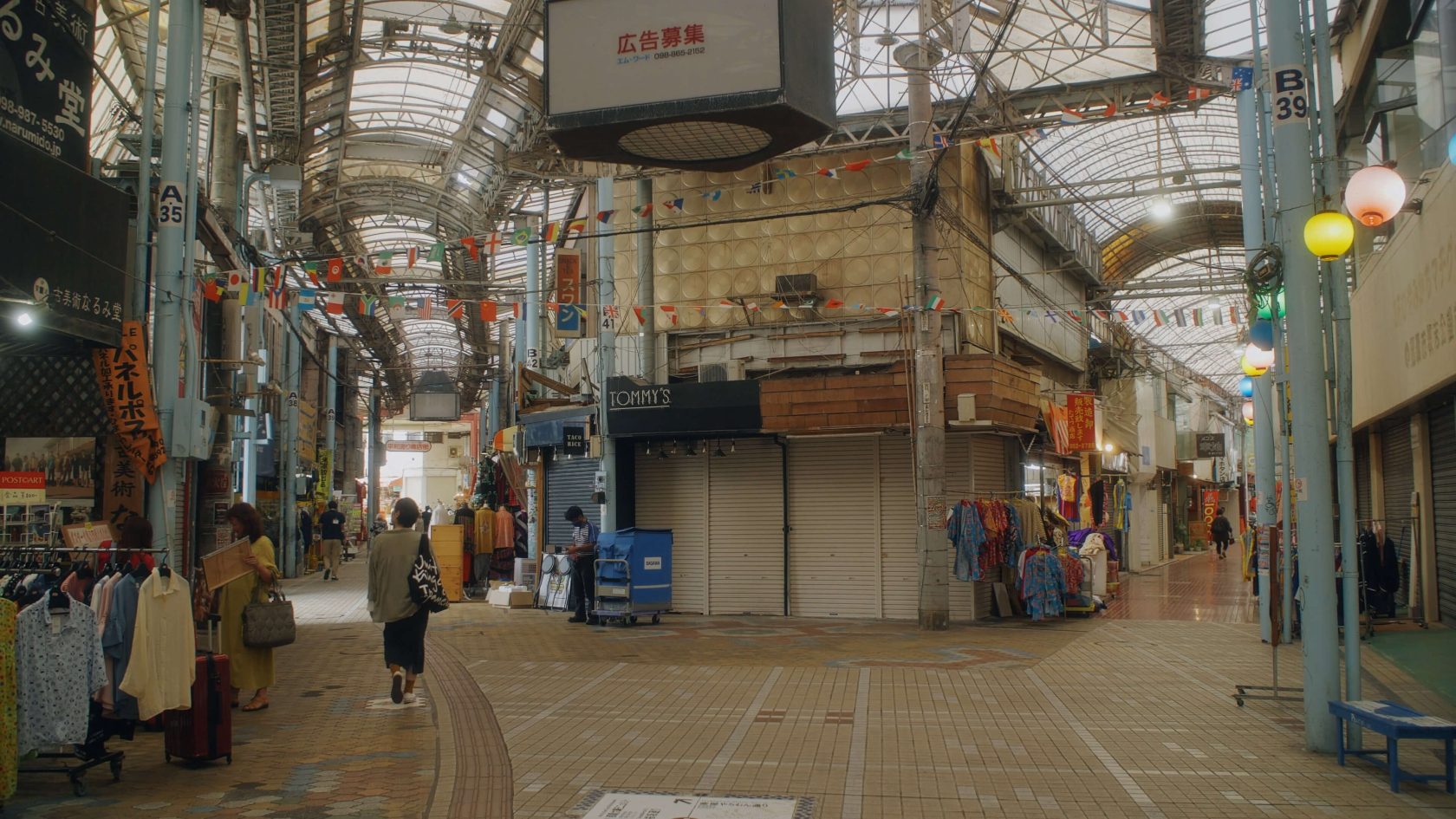
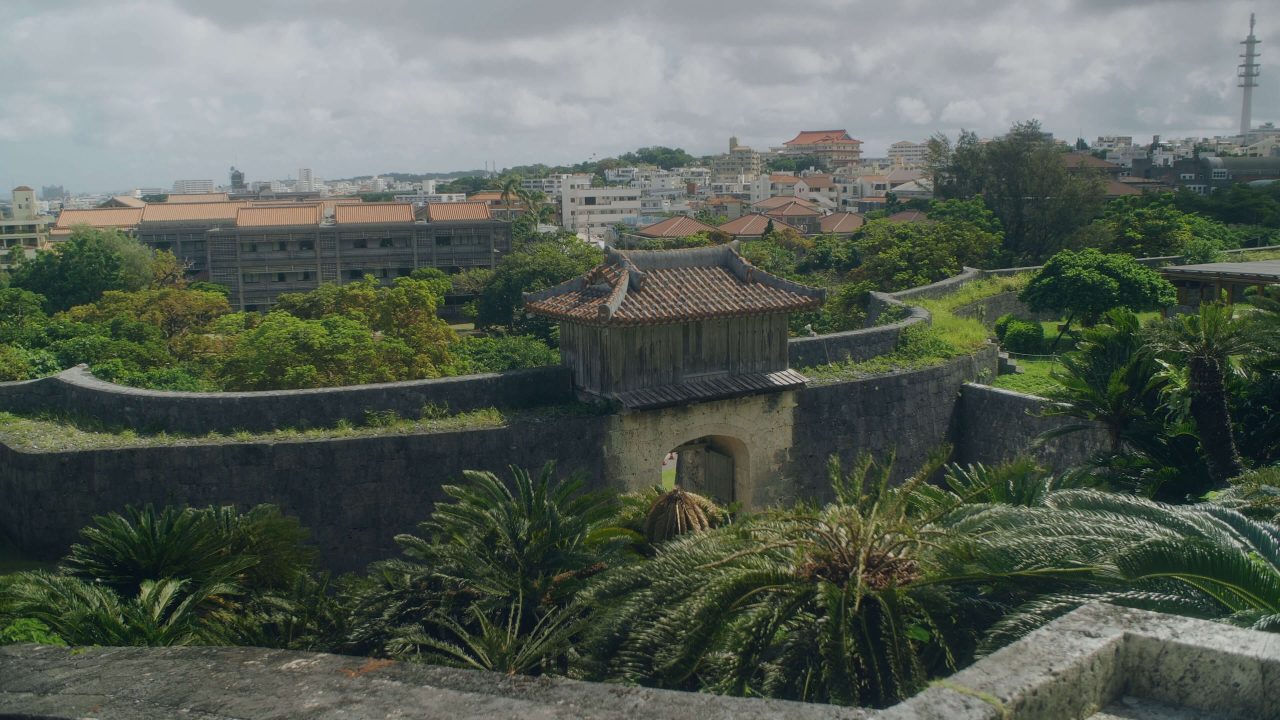
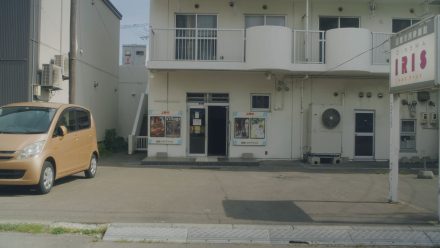
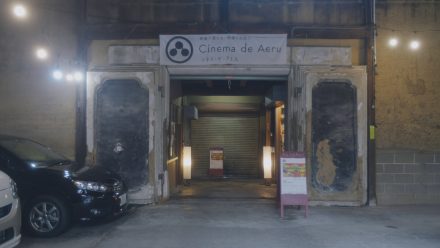
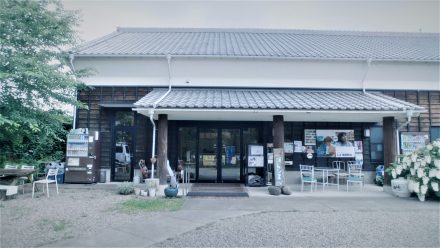
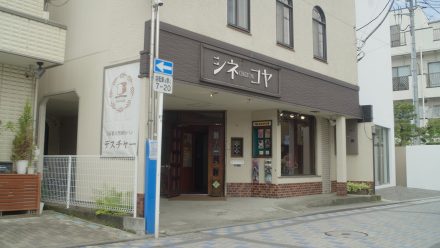
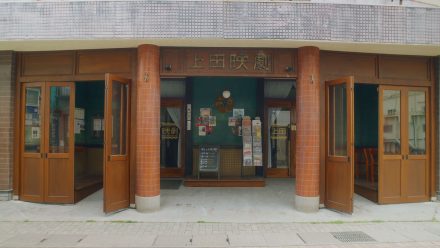
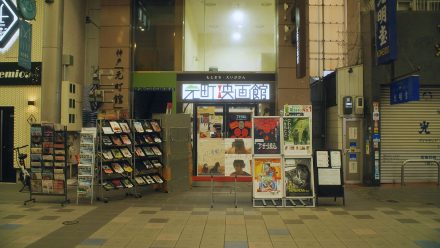
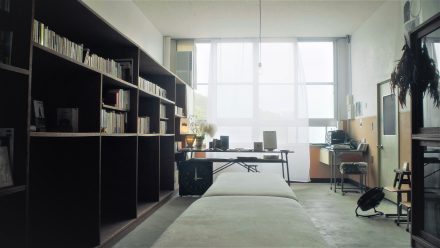
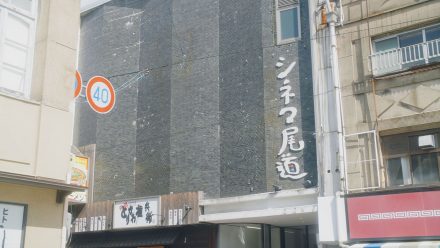
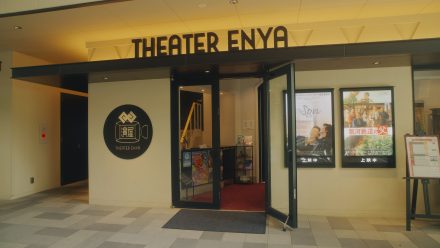
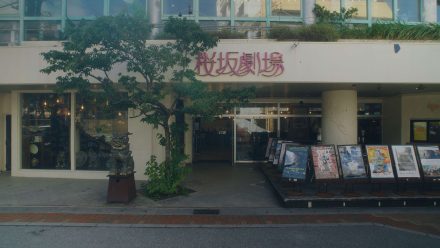
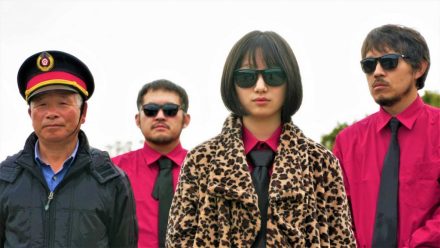
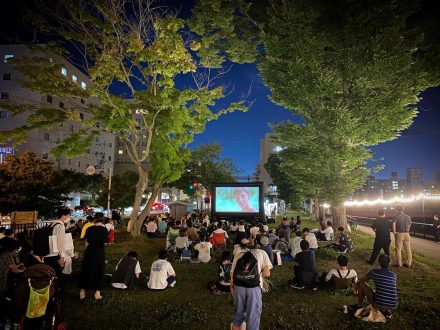
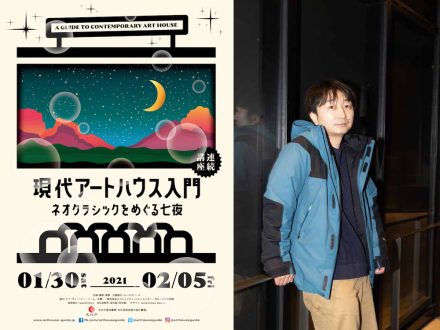
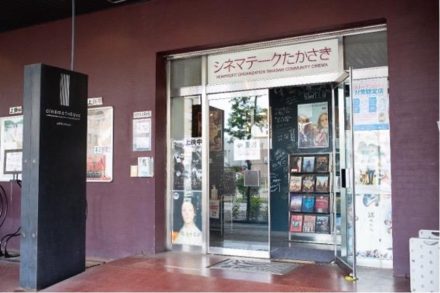
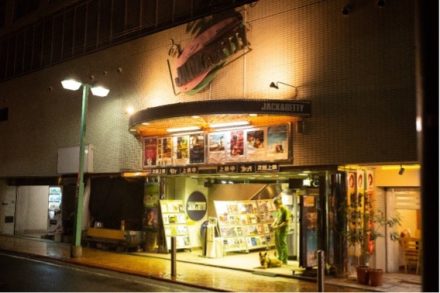
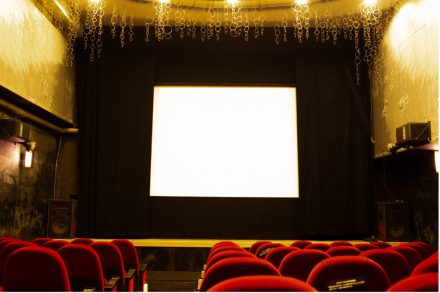
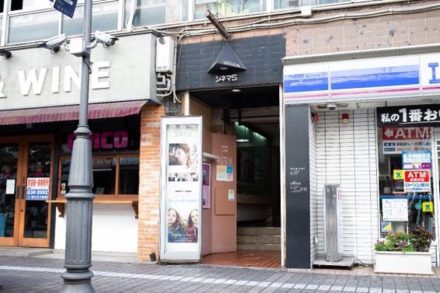
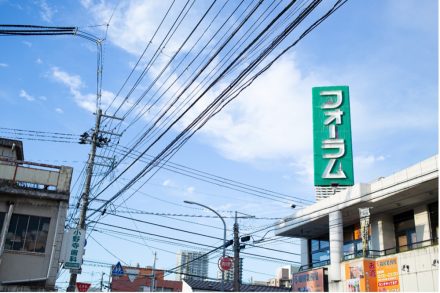
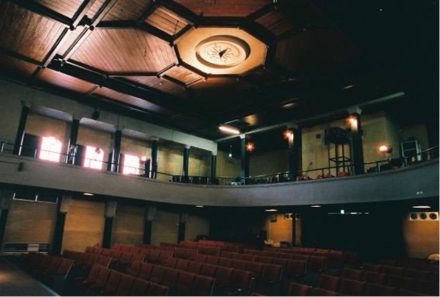
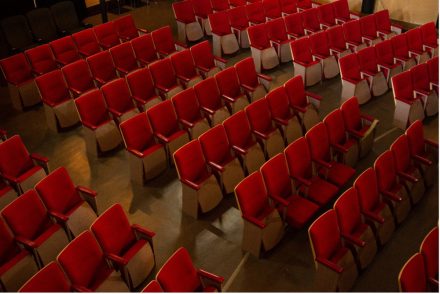



Comments from the Theater
The film portrays the people of Futaba, Fukushima Prefecture, who lost their homes after the nuclear reactor exploded during the earthquake. Their homes were scattered, and they could no longer gather together to practice singing, drumming, or dancing, and certainly, Bon Odori couldn't be held anymore. "Bon Uta" is in danger of disappearing if things continue this way. From there, the movie delves into the long, profound history of the people of Futaba, who have endured various losses through generations. Behind the songs, hometowns, and lives, one can sense the presence of Japan as a country. Despite their losses, the powerful and vibrant "Bon Uta" created by these resilient people who never gave up on life reveals the coexistence of light and darkness within the nation.